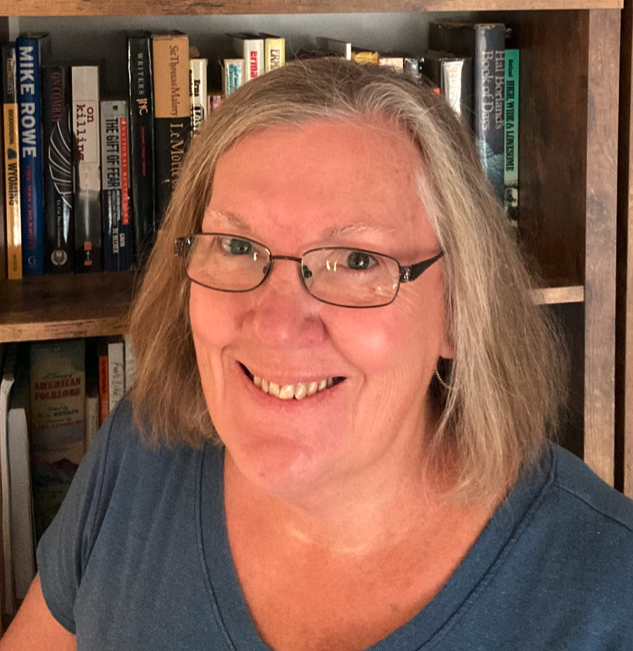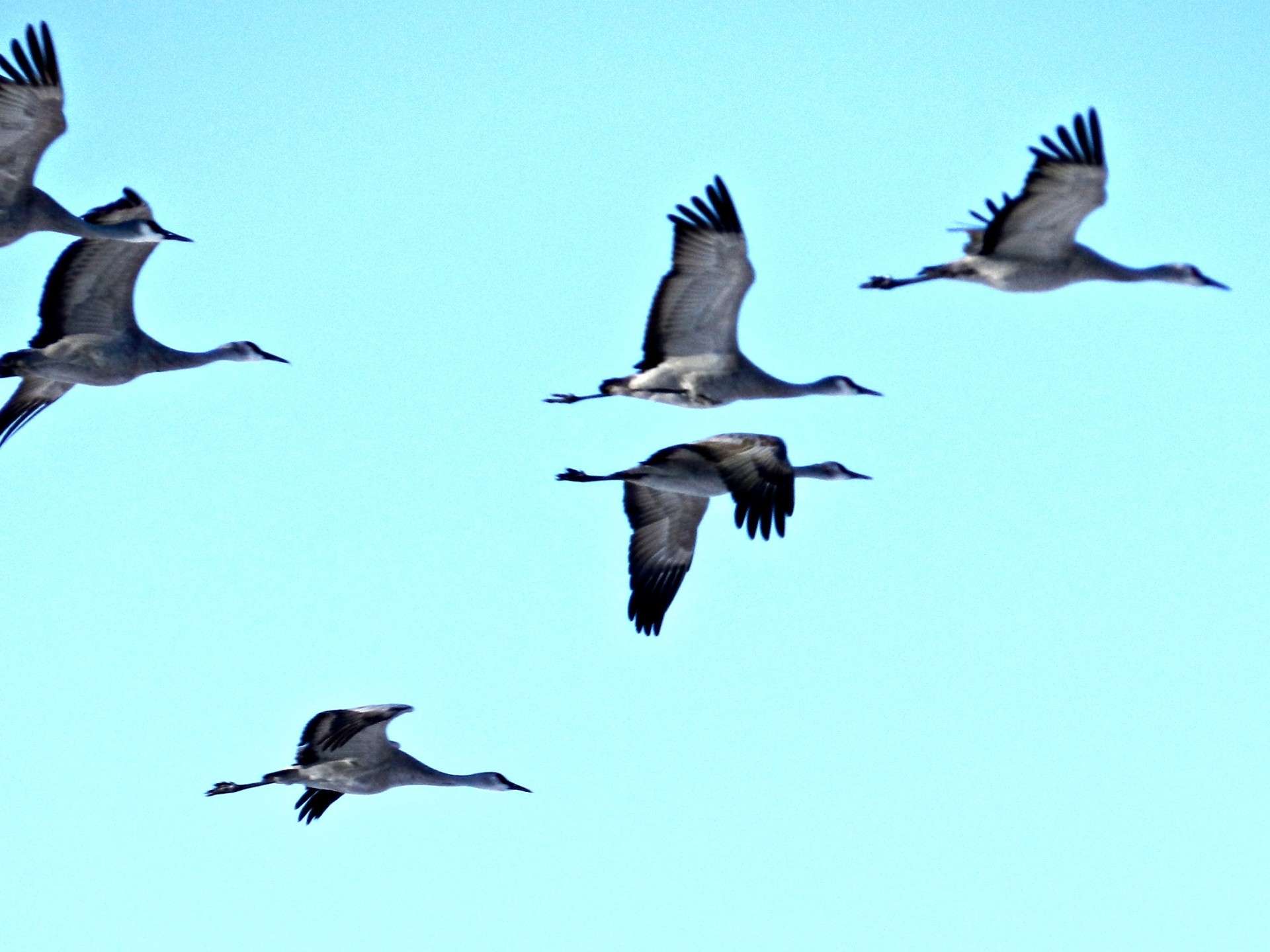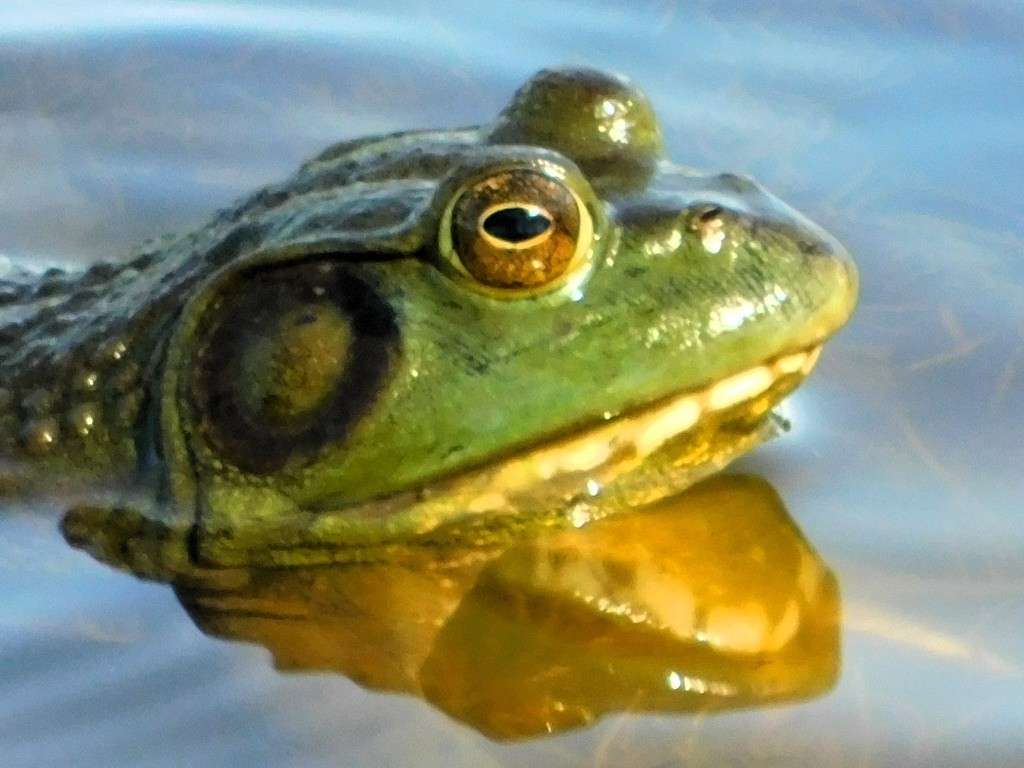
By KAREN MADORIN
During a recent visit, a friend asked, “What do I consider a life well lived?” Her timely question made me think about a recently passed friend and what a difference she made in many lives. Donna Cooper was a teacher who never quit teaching, modeling integrity, curiosity, kindness, and interest in our world. Qualities she shared daily.
We met in the late '80s when I joined Hays High staff where Donna instructed biology.
We bonded over shared interests in teaching, birds, reptiles, plants, anything outdoors. Eventually she invited me to help sponsor and with my daughters to join her, her sons, and her students on several science club trips. Though colleagues only five years, our explorations of Oklahoma’s Black Mesa and Alabaster Caverns dinosaur tracks, petroglyphs, geology, stars in pure black skies, caves, and birds cemented our connection.
Both of us shared Oklahoma ties so even after I began teaching in Ellis, she and I continued trips to red dirt country. One spring, we joined Oklahoma Ornithological Society members to birdwatch near Kenton where I gained new respect for Donna’s knowledge. This area has unique birds that aren’t typical in either western Kansas or Oklahoma.
Donna could identify them as well as any of the group leaders. She knew eye bars, wing markings, tail, and belly patterns like linguists know foreign languages. I suggested she offer a brain cell transfusion to strengthen my I.D. skills.

Another year, we invited another Hays High friend for a trip to Kearney, NE, during spring crane migration. All the way up and all the way home, Donna revealed identities of not only prairie and migrating birds but also grasses, forbs, and trees. Our friend and I enjoyed way more than crane-watching with our personal encyclopedia of natural knowledge.
A few years later, she demonstrated more skills during a Saturday jaunt to Quivira Wildlife Refuge. She didn’t have to see birds to tell me what they were. Listening to calls provided enough information she could tell me what hid in the marshes. If we waited patiently, the secretive bird would emerge to confirm Donna’s identification. That day, she I.D.’d regulars as well as lesser-known species.

Speaking of listening, this walking/talking resource involved me in western Kansas frog counts. On Spring nights, she needed a partner to join her while she evaluated rural locations pre-selected by a Kansas University natural science data collector. Our job involved accessing GPS-marked sites, turning off the engine, and standing outside listening for calling frogs. Donna knew every species and their identifying vocalizations. She then determined populations based on rubrics involving volume and repetitions during set time limits. That data collector had to love her reports.
Though I heard frogs calling around our home on Big Creek, I didn’t grasp amphibian population diversity in western Kansas until she taught me to differentiate bull frog bass from chorus frog marbles clanking in a bag from leopard frog thumb running over a comb, from trilling tree frogs. Thanks to Donna’s patient tutoring, I discovered scores of woodhouse toads shared our rocky hill.
Our adventures made me wish she’d been my high school science teacher. Instead of combining PE and English concentrations, biology would have replaced PE. Her patient instruction enriched my world. I didn’t get things quickly yet I never felt stupid.
What a blessing for so many that this woman shared her knowledge freely and enthusiastically. Hers was a life well-lived and thankfully well-shared.
Karen Madorin is a retired teacher, writer, photographer, outdoors lover, and sixth-generation Kansan.






